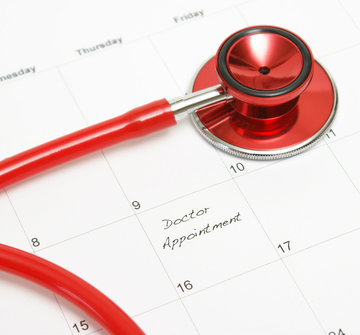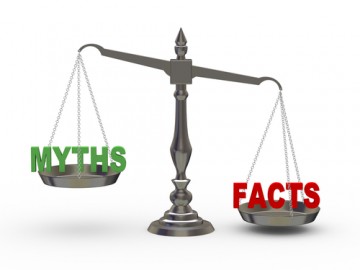When should you visit a Gynaecologist? Is it only when you are pregnant, or when you have issues in periods? What if you have not married or dated, should you go to gynecologist then?
All these doubts may arise in your mind and this article tries to answer some of them.
Do I have to see a Gynecologist?
Many women go to see a female doctor only if they are having a serious ailment. Routine gynecological exams are also avoided for fear of discovering something serious. But there are times when it is absolutely must to visit a Gynecologist.
Here are 10 such reasons:
- Marriage is the time when bride-to-be can visit a female doctor to alleviate her doubts about intimacy in marriage, contraception, and pregnancy related queries.
- If you missed your periods and have doubts of being pregnant, then it is better to check with a female obstetrician.
- If your periods are heavy or irregular, then you must visit the doctor to rule out fibroids, endometriosis, or any type of ovarian disorders. Missing out on periods is also a sign of concern.
- If a teenage girl has not started on her periods by the age of 15 or so, then it is necessary to see a doctor.
- If you have any type of pelvic itching or pain, then it is wise to consult a doctor. An ultrasound will need to be done to rule out infections.
- If you have lump or pain in the breast, then a breast examination will need to be done to rule out any abnormalities. Skin changes, discharge from nipples, change in size, and shape of breast, etc. are also the times when you have to see the doctor.
- Pain, during and after intercourse, needs to be shown to a doctor. A physical examination or a Pap smear test will be done to check for vaginal or bacterial infections. Cervical problems can also get detected during such gynecologist tests.
- If you have yellow, green or gray fluid discharge from vagina, then it may indicate pelvic inflammatory disease which could be serious.
- Bleeding after sexual intercourse is also a sign of concern.
- Family history of cancer means you may have to see your gynecologist more often.






